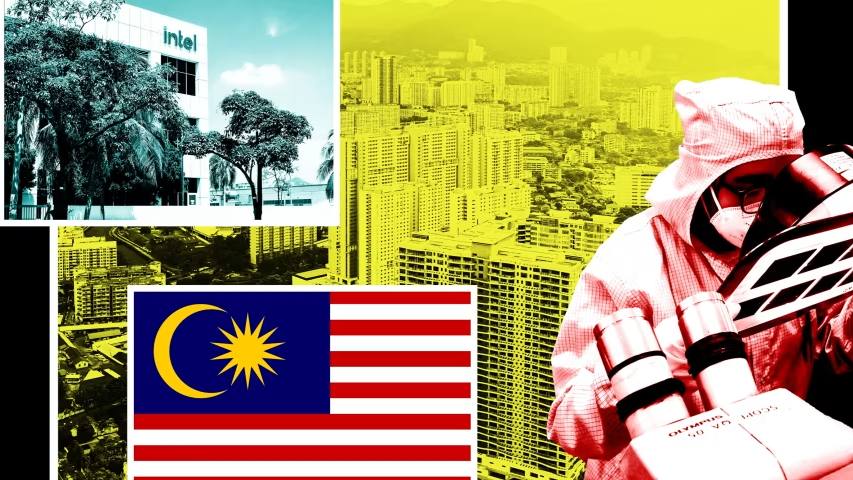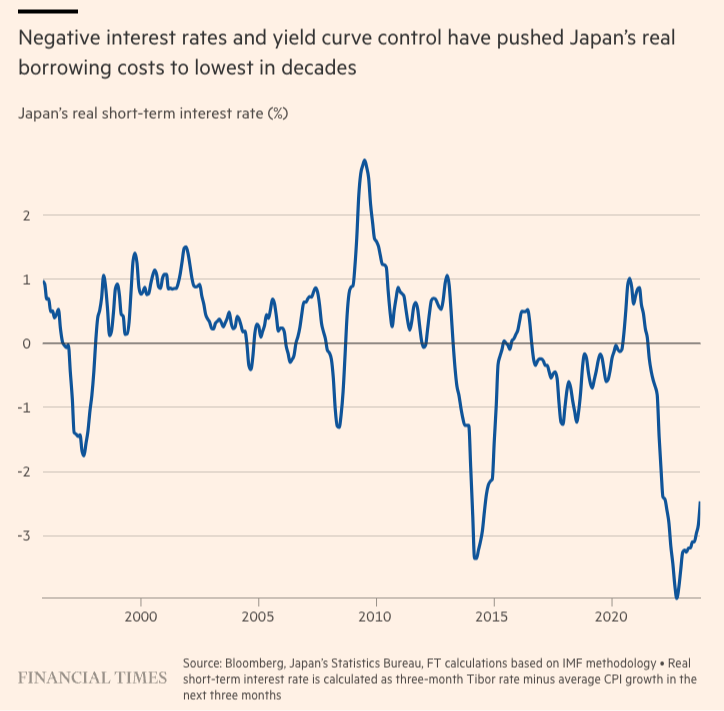Unlock the Editor’s Digest for free
Roula Khalaf, Editor of the FT, selects her favourite stories in this weekly newsletter.
This article is an on-site version of our FirstFT newsletter. Sign up to our Asia, Europe/Africa or Americas edition to get it sent straight to your inbox every weekday morning
Good morning. Narendra Modi’s government has implemented a controversial law on Indian citizenship that has been widely criticised as discriminating against Muslims.
The home affairs ministry yesterday officially announced the rules for the 2019 Citizenship (Amendment) Act — just days before the government is expected to set a date for the next general election.
The act provides a fast track to Indian citizenship for Hindus and members of five other minority religions who arrived in India before 2015 from Pakistan, Bangladesh and Afghanistan, India’s Muslim majority neighbours, and who experienced persecution in their home countries.
The act, which also covers Sikhs, Parsees, Buddhists, Jains and Christians, extends no such rights to Muslims.
When India passed the act in December 2019, mass protests involving hundreds of thousands of people broke out in New Delhi and elsewhere in India. Dozens of people were killed in clashes during the protests. The UN High Commissioner for Human Rights said the legislation was “fundamentally discriminatory”. Here’s more on the law.
And here’s what else I’m keeping tabs on today:
Economic data: India, Germany and the US publish consumer price index inflation rate for February.
Reports: Opec releases its monthly report.
Polish leaders in Washington: Joe Biden will host Polish President Andrzej Duda and Prime Minister Donald Tusk on the 25th anniversary of Poland’s joining Nato.
US presidential election: Primary elections will be held in Georgia, Mississippi and Washington state, while a presidential caucus will be held by the Hawaii Republican party.
Five more top stories
1. Exclusive: Former employees of Chinese tech giant Pinduoduo have found themselves trapped and facing financial ruin by non-compete agreements they claim they were required to sign. The FT has reviewed 10 ex-employees’ cases, which suggest the Temu owner has repeatedly used surveillance on former workers who leave for rivals and then lawsuits to enforce non-competes and stifle competition.
2. The world’s biggest maker of container port cranes, Chinese company ZPMC, has insisted it presents “no cyber security risk” after Republican members of the US Congress accused it of having installed suspicious equipment on cranes bound for US ports. The lawmakers alleged that components including “cellular modems” had been installed on ZPMC cranes before they were shipped to the US.
3. Brussels is pushing to give Ukraine €2bn-€3bn this year from profits derived from Russia’s frozen assets, accelerating the funding plan as US financial support to Kyiv wanes. A first tranche of money could be disbursed as early as July if Brussels secured approval of member states, officials said. Here’s what European capitals will be debating in the meantime.
4. South Korea’s financial regulator is considering banning all equity-linked securities after finding that the country’s biggest banks and brokerages misled retail investors over products tied to Chinese stocks. The five-month investigation found poor regulatory compliance and a lack of consumer protection for sales of securities linked to the Hang Seng China Enterprises index.
5. Joe Biden unveiled a $7.3tn budget plan for 2025 which would push US debt above 100 per cent of gross domestic product. The US president’s fiscal agenda boosts spending but plans to save $3tn through higher taxes over 10 years, and is designed to draw a sharp contrast with former president Donald Trump’s economic plans ahead of the presidential election in November.
The Big Read

Penang state in northern Malaysia is known for its beaches, varied cuisine and laid-back atmosphere. But in the past 18 months, dozens of companies — including American chip giants Micron and Intel — have set up or expanded in the state. As companies around the world look for a back-up to China to protect themselves from geopolitical disruptions, Malaysia is becoming a surprise winner from the tech war between Washington and Beijing.
We’re also reading . . .
Taiwan’s dangerous path: The long-feared scenario of a Chinese invasion may yet unfold. But a more insidious threat is at hand, writes Alec Russell.
‘The US is in a much more perilous state than Russia’: The son of a dissident Soviet physicist, Peter Turchin’s models predicted social instability in 2020 with great accuracy. But was it just luck?
Meeting motormouths: The ability to interrupt the yammering windbags who make work meetings a misery is a sorely underrated skill, says Pilita Clark.
Chart of the day
Japan’s central bank has signalled that it is almost ready to end an unprecedented era of cheap money. But policymakers still face a number of challenging decisions about how to leave negative rates behind without causing turmoil for global markets and Japanese lenders.

Take a break from the news
What’s behind Hong Kong’s obsession with pets? The booming industry has defied China’s economic slowdown, writes the FT’s Chan Ho-him, a proud owner of an adopted African pygmy hedgehog. But there is a grim side to this story.

Additional contributions from Irwin Cruz and Gordon Smith


